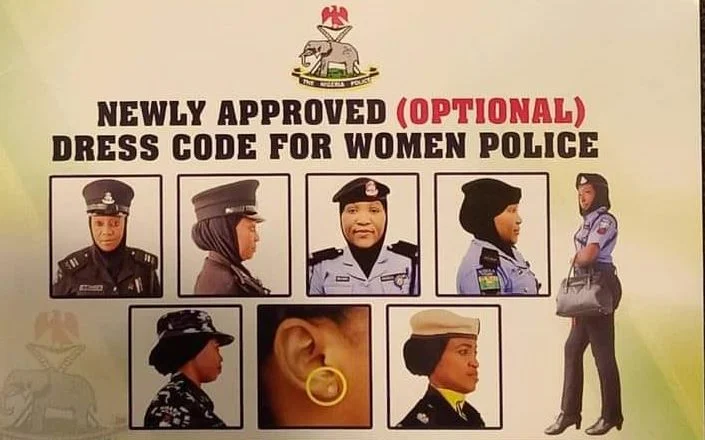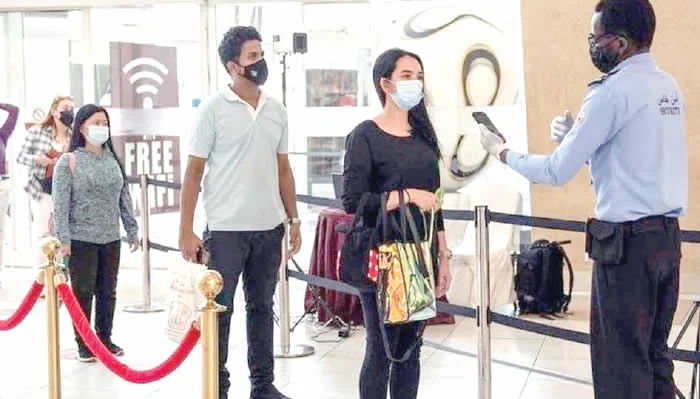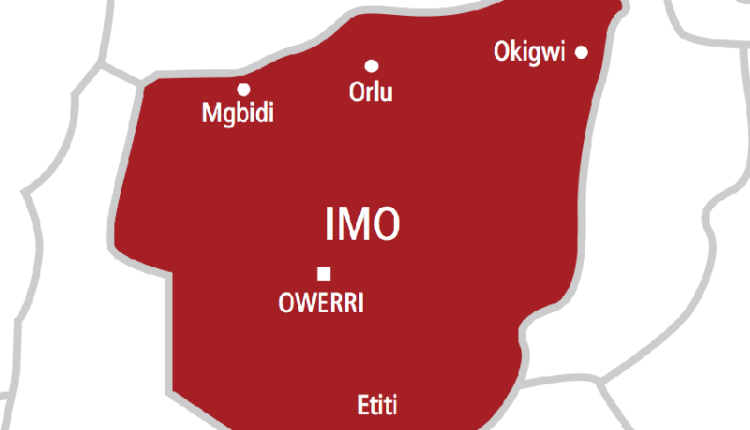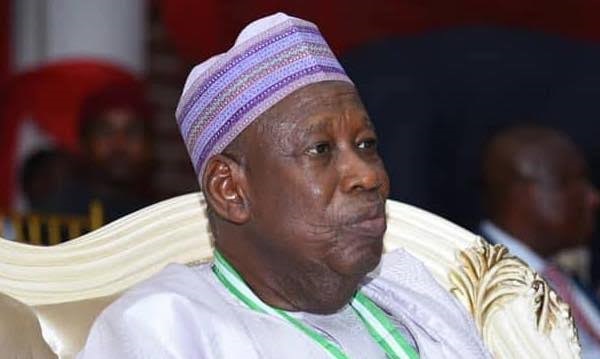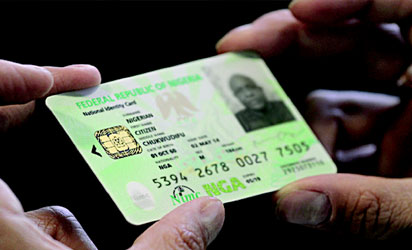Two Thirds Of Households With Children lost Income During COVID-19 -UNICEF
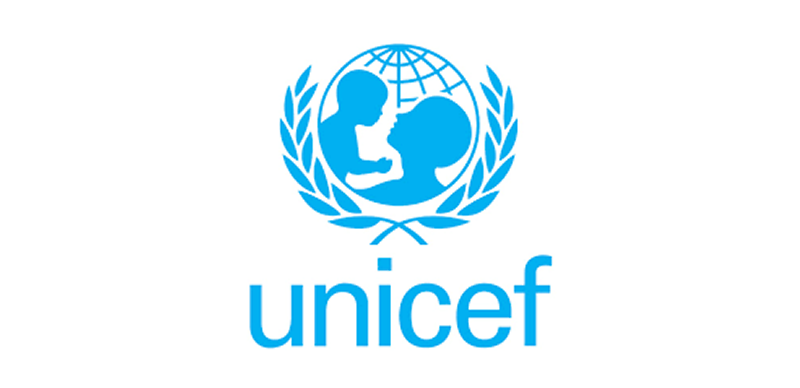
At least two thirds of households with children have lost income since the COVID-19 pandemic hit two years ago, according to a new report published today by UNICEF and the World Bank.
The report with data collected in 35 countries, including Nigeria, noted that households with three or more children were most likely to have lost income, with more than three-quarters experiencing a reduction in earnings. This compares to 68 per cent of households with one or two children.
The report also noted that income losses had left adults in one in four households with children going without food for a day or more. Adults in nearly half of households with children reported skipping a meal due to a lack of money. Around a quarter of adults in households with or without children reported stopping working since the pandemic hit, the report said.
“The modest progress made in reducing child poverty in recent years risks being reversed in all parts of the world. Families have experienced loss at a staggering scale. While last year inflation reached its highest level in years, more than two thirds of households with children brought in less money. Families cannot afford food or essential health care services. They cannot afford housing. It is a dire picture, and the poorest households are being pushed even deeper in poverty,” said Sanjay Wijesekera, UNICEF Director of Programme Group.
The report found that children are being deprived of the basics, with children in 40 per cent of households not engaging in any form of educational activities while their schools were closed. Given that data is compiled at the household level, the actual participation rate at individual level is likely even lower, especially for children who come from households with three or more children.
“The disruptions to education and health care for children, coupled with catastrophic out-of-pocket health expenses which affect more than 1 billion people, could put the brakes on the development of human capital – the levels of education, health and well-being people need to become productive members of society,” said Carolina Sánchez-Páramo, Global Director of Poverty and Equity for the World Bank. “This could lock in increases in inequality for generations to come, making it less likely that children will do better than their parents or grandparents.”
According to the report, while households with three or more children were the most likely to experience a loss of income, they were also most likely to receive government assistance, with 25 per cent accessing this support, compared to 10 per cent of households with no children. The report noted that this helped to mitigate the adverse impact of the crisis on households who received support.
The report noted that prior to COVID-19, one in six children worldwide – 356 million – experienced extreme poverty, where household members struggled to survive on less than $1.90 a day. More than 40 per cent of children lived in moderate poverty. And nearly one billion children lived in multidimensional poverty in developing countries, a figure that has since increased by 10 per cent as a result of the pandemic.
UNICEF and the World Bank called for a rapid expansion of social protection systems for children and their families. Support including the delivery of cash transfers and the universalisation of child benefits are critical investments that can help lift families out of economic distress and help them prepare for future shocks. Since the start of the pandemic, more than 200 countries or territories have introduced thousands of social protection measures, and the World Bank has supported countries with approximately $12.5 billion to implement such measures, reaching nearly 1 billion individuals worldwide.
